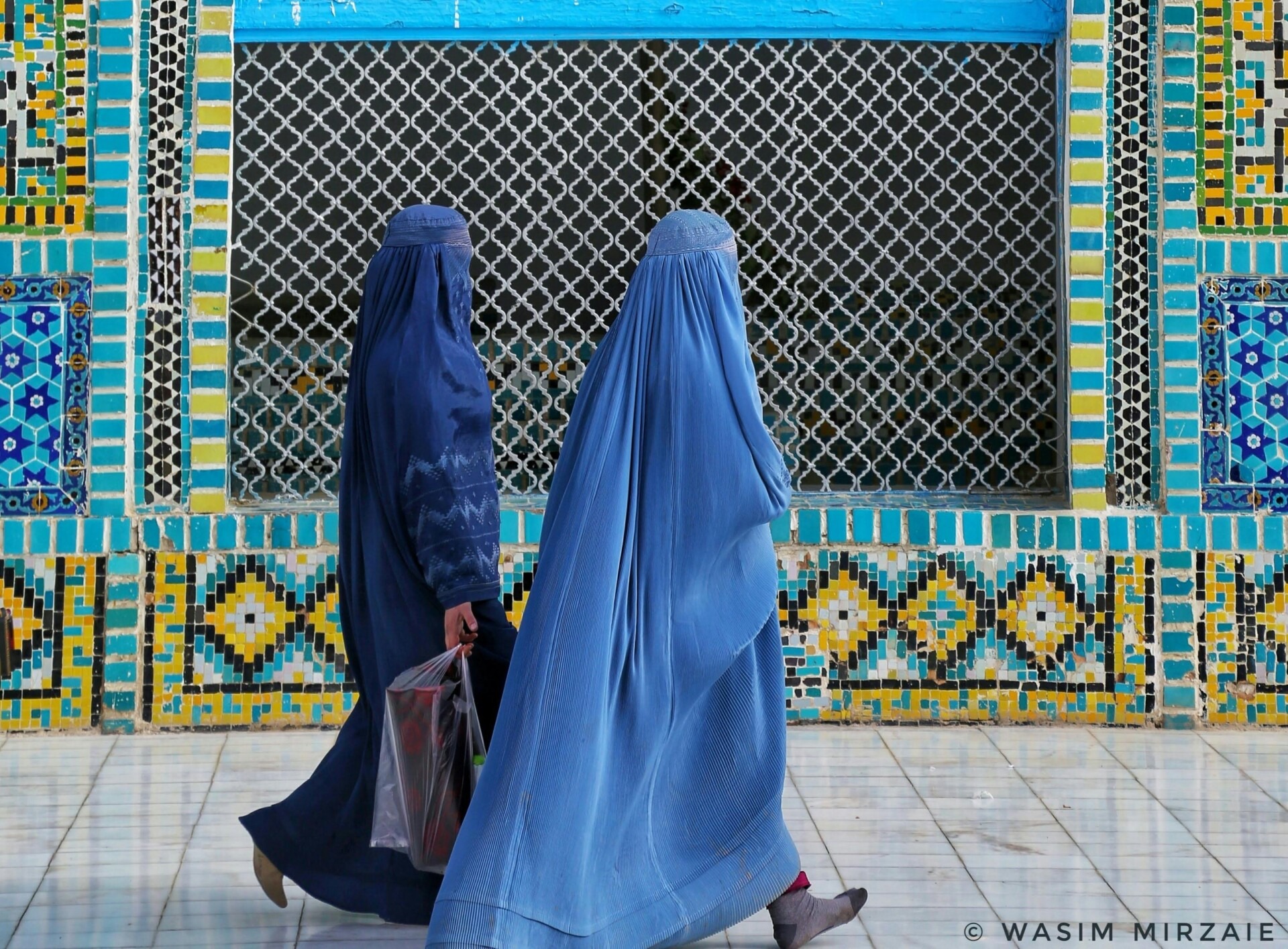Since the Taliban regained power in Afghanistan, the group is confident, faces no immediate challenge at home and is courted by the international community abroad.
This confidence has been on full show with the Taliban celebrating their return with parades including fighter aircraft and weapons taken after the United States-led coalition hastily withdrew in August 2021.
The Taliban have also built relationships with its neighbours, a world away from its pariah status between 1996 and 2001. Chinese and Iranian diplomats attended the parade and prime minister of Uzbekistan visited Kabul for high-level talks in August. This comes after China became the first country to officially host a Taliban envoy in January after it appointed its own ambassador in Afghanistan last December.
Trade has also increased, especially with China. The Taliban recently broke ground at the Beijing-funded Aynak Mas mine, estimated to have the world’s second largest deposit of copper. Chinese officials have also held several recent meetings with the Taliban, and the latter have been public in their desire to join Beijing’s Belt and Road initiative.
But the Taliban is not as strong as it looks. The group continues to face several problems it is either unable or unwilling to solve. While seemingly secure in the short-term, it could threaten to undermine its hold on power in the coming years.
This includes the Taliban’s continued oppression of women and girls, who are still denied an education and jobs in most sectors. According to UNESCO, 2.5 million school-age girls have been denied their right to education, while women were banned from beauty parlours and national parks last year, cruel steps removing women from public spaces.
Women also face extreme violence. The Taliban has declared stoning as punishment will return to Afghanistan, leading to the group ordering the stoning of a woman in Balkh province. The Centre of Information Resilience’s Afghan Witness project reports over 300 cases of women killed by men since the Taliban’s return, claiming it is the “tip of the iceberg” for gender-based violence in Afghanistan.
The situation for women is so severe the United Nations declared it the “worst globally” and accused the Taliban of gender apartheid. The Taliban’s its oppression of women remains a barrier to wider recognition from the international community, something the group wants and needs. Even China has baulked at legitimising the regime until women’s rights are respected.
The Taliban have also been unable to solve Afghanistan’s dire humanitarian crisis and this has left half the population in poverty and most needing urgent humanitarian support.
Afghanistan remains heavily reliant on the international community for aid, with Washington the largest donor, providing $2.6 billion since 2021. The US also still holds billions in frozen assets from Afghanistan’s central bank, which the Taliban says “belongs to Afghanistan”. This is a weak point for the Taliban, hostage to the West, who provide enough aid to keep Afghans alive, but not enough to rebuild the country.
Afghanistan has also become a hot bed for terrorism under the Taliban, jeopardising the relationships of countries investing in Afghanistan and causing dangerous rifts within the region. A suicide bomber attacked a convoy of Chinese engineers working on a dam project in northwest Pakistan in March, killing six people. Pakistan accused the Taliban-affiliated TTP – or Pakistan Taliban – of being behind attack, something the Taliban denies. This comes after Islamic State attacked a Kabul hotel popular with Chinese nationals in 2022 and threatened to bomb the Chinese embassy last year. Both are attempts to isolate the Taliban and make investment in Afghanistan a risky prospect.
The surge in terror attacks has also caused a rift between the Taliban and Pakistan, long seen as close allies. The TTP has carried out several attacks in Pakistan, killing civilians and military personnel. Islamabad’s response has been to conduct airstrikes on Afghan soil and to forcibly push thousands of Afghan refugees back across the border, embarrassing the Taliban by violating Afghanistan’s sovereignty.
Afghanistan has always had its problems, but the Taliban have largely caused their own by oppressing women, funding terrorism and initiating policies that puts them at odds with their neighbours. While the humanitarian crisis can be blamed on both the Taliban and the West, the groups refusal to listen to the demands of the international community shows it is unwilling to govern responsibly.
It is this attitude that eats away at its legitimacy. Look closer and the Taliban is weak, relying on brutality to compensate for bad governance. The recent killing of four Taliban militants in Kabul by the Afghanistan Freedom Front is a timely reminder the Taliban not as strong as it appears and that it has rivals in Afghanistan.
Regimes lacking legitimacy do not last long in Afghanistan, and can be quickly swept aside by domestic challengers or foreign powers. The Taliban’s own history of rise, fall and reemergence confirms reality.
The Taliban’s power in recent years indicate the group is not cognisant of its own history. If it wants the legitimacy it craves and needs, it needs to earn it by governing responsibly and humanely.
If the Taliban does not learn this lesson, it might find itself again vulnerable.
The views expressed in the Near East Policy Forum are those of the authors and do not represent the views of the Near East Policy Forum or any of its partner organisations.




